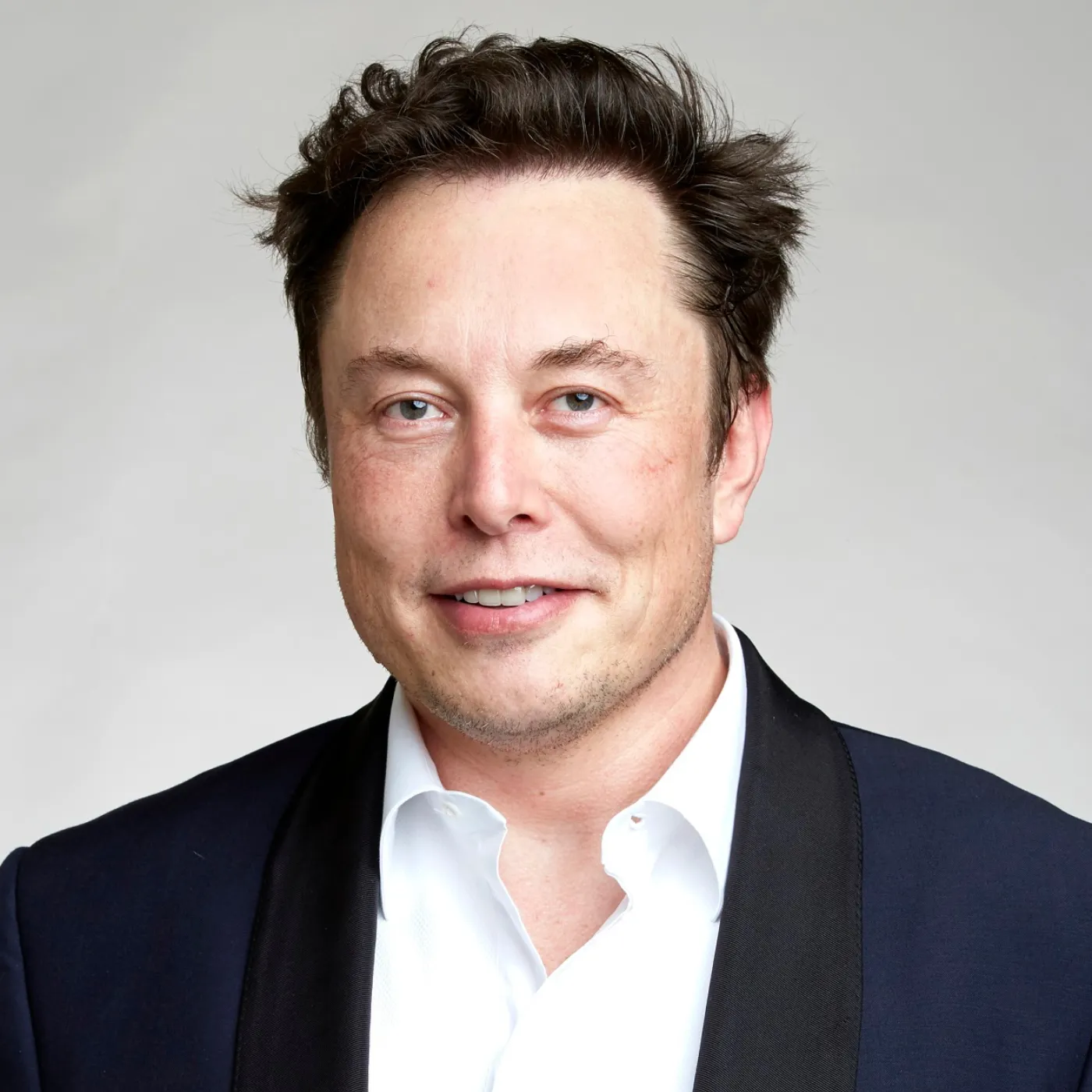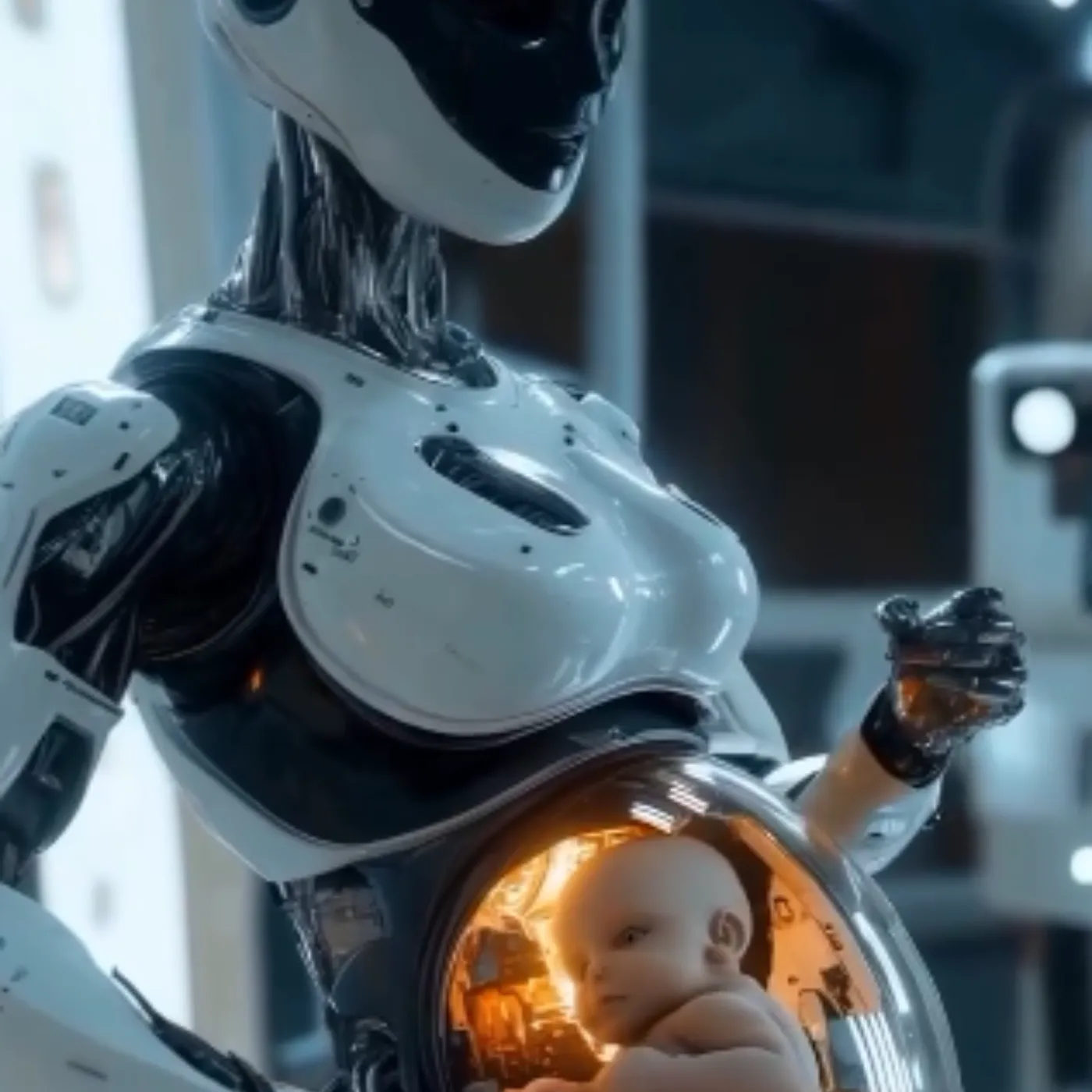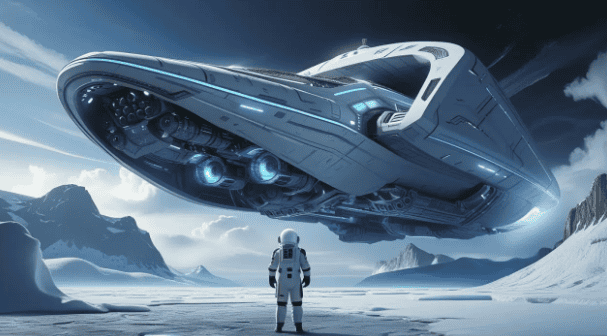Elon Musk, the visionary behind Tesla, SpaceX, and Neuralink, has once again left the world in awe. Reports reveal that Musk is developing a highly advanced robot that can carry a human baby for the full nine months of pregnancy. This groundbreaking technology could revolutionize human reproduction, sparking both excitement and ethical debates. Are we witnessing the dawn of a new era, or could this be the beginning of the rise of the machines?

A Game-Changing Concept

Musk is no stranger to pushing the boundaries of technology. From self-driving cars to brain-computer interfaces, his innovations constantly challenge what we believe is possible. His latest endeavor—an artificial womb in robotic form—could completely redefine our understanding of pregnancy.
This robotic womb is designed to mimic the precise environment of a human uterus, providing the ideal conditions for fetal development. It features advanced sensors, AI monitoring systems, and life-support technologies to safeguard the baby’s health throughout gestation. Parents could even monitor their unborn child’s progress via an app, receiving real-time updates on development, health indicators, and more.
Why It Matters
The potential impact of this technology is immense. It could be a game-changer for women facing high-risk pregnancies, same-sex couples, single parents, and those struggling with infertility. The convenience it offers is unparalleled—imagine continuing with daily life and career pursuits without the physical demands of pregnancy.
However, with revolutionary technology comes significant ethical concerns. What implications does this have for the traditional role of motherhood? Could this innovation create a societal divide between those who can afford it and those who cannot? And most importantly, are we comfortable with machines taking over such an inherently human experience?
The Ethical Debate
Critics warn that artificial wombs could lead to a future where natural childbirth becomes obsolete. Some fear the commercialization of reproduction, where babies are customized with genetic modifications and designer traits.
Moreover, pregnancy is not just a biological process—it’s an emotional journey that fosters a deep bond between mother and child. Hormonal changes and the psychological experiences of pregnancy can’t be replicated by machines. Are we prepared to give up these uniquely human experiences for the sake of technological convenience?
Are We Witnessing the Rise of the Machines?
What once seemed like science fiction is quickly becoming a reality. Musk’s robotic womb raises a profound question: Are we losing control of the technologies we create?
Ironically, Elon Musk has repeatedly warned about the risks of artificial intelligence, yet he now leads a project that blurs the line between human and machine more than ever. If robots can create life, what boundaries are left?
Redefining Parenthood
Despite the controversy, Musk’s innovation could redefine what it means to be a parent. It presents new possibilities while challenging traditional notions of family, gender roles, and human connection.

As with all disruptive technologies, society will need to adapt by creating new laws, ethical standards, and cultural norms. The challenge lies in balancing technological progress with preserving the human values that define us.
Elon Musk’s pregnancy-capable robot isn’t just a scientific marvel—it’s a glimpse into a future where machines play a deeply personal role in our lives. Whether this future is utopian or dystopian depends on how we choose to navigate these unprecedented changes.
Are we witnessing the rise of the machines? Maybe. But we’re also standing on the edge of new possibilities, ethical challenges, and a redefinition of humanity itself.


